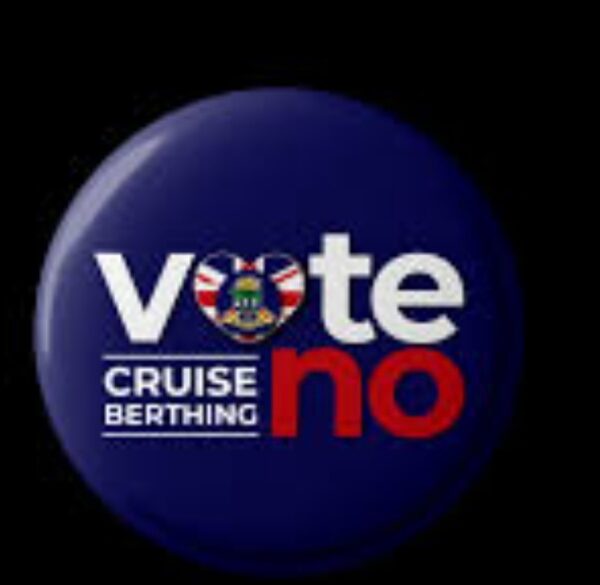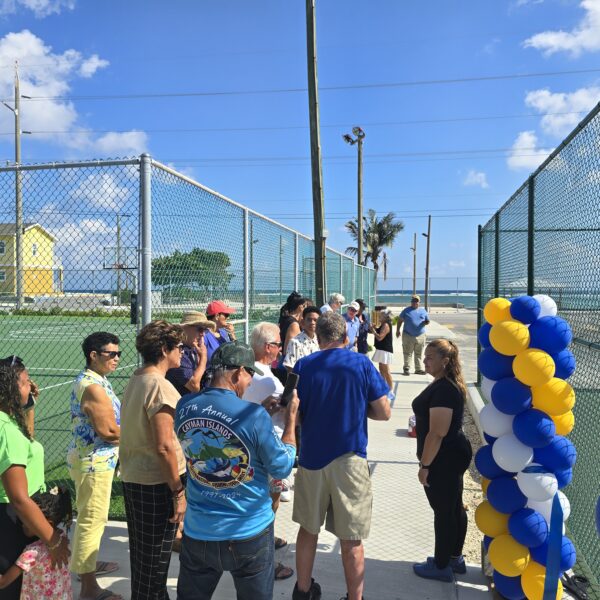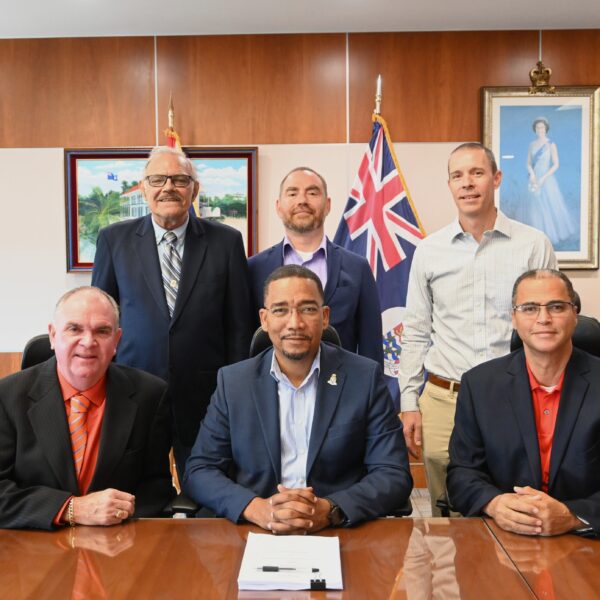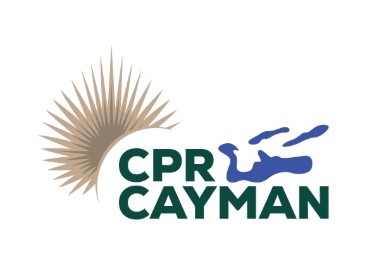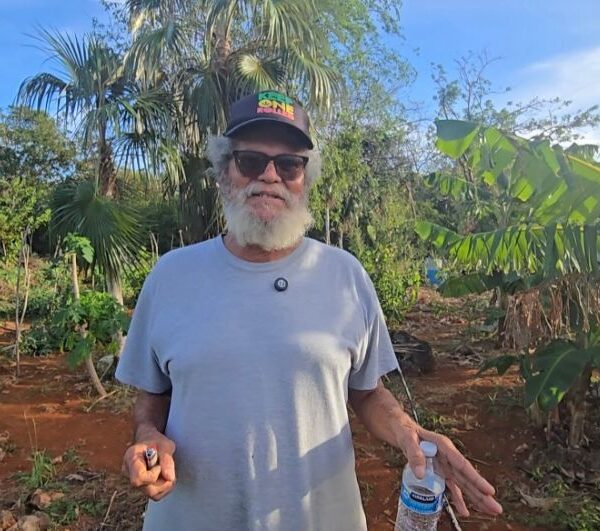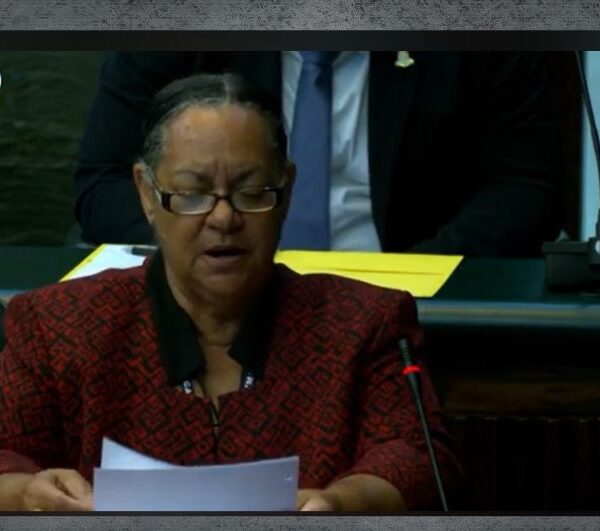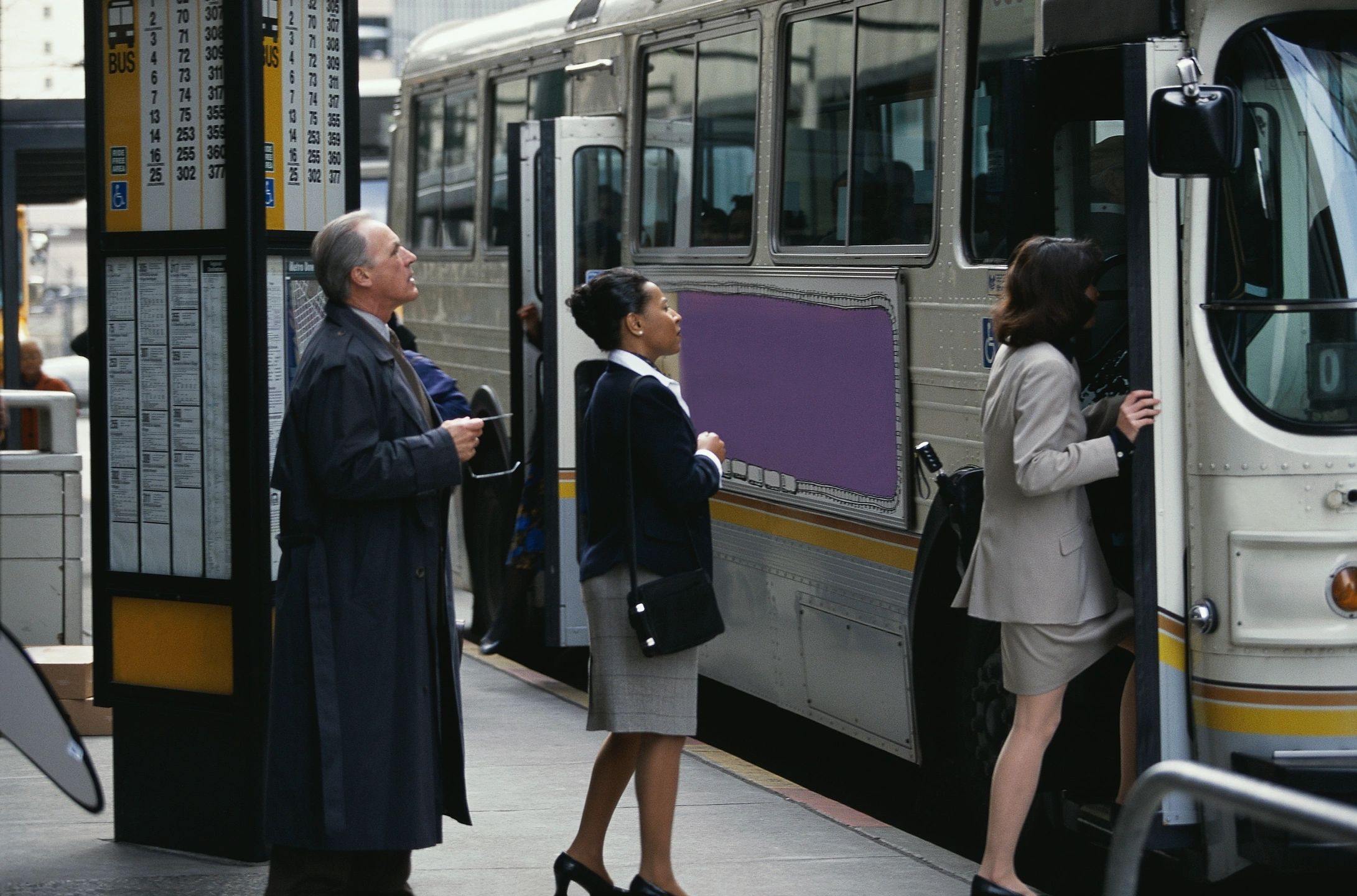
|
Getting your Trinity Audio player ready...
|
By Alric Lindsay
According to a high-level summary of recommendations by the Strategic Economic Advisory Council (SEAC) set up in May 2020, the Cayman Islands Government missed a unique opportunity to improve the public transport system significantly during the COVID-19 lockdown. The unimplemented recommendations include creating a Cayman Transit Company to contract Caymanians to operate in different parts of the Cayman Islands and exploring alternative transport options such as water taxis and ferries. Additionally, large and small buses would have been strategically redeployed to work in tandem with an Uber-style system. The recommendations further suggested encouraging hospitality sector workers to use public transport more to reduce the number of cars on the Seven Mile Beach corridor. However, instead of implementing these public transportation proposals, the Government returned to business as usual after the COVID-19 lockdown, placing the country back on an unsustainable path.
Structure and operation of the Cayman Transit Company
According to the SEAC report, the Cayman Transit Company was planned to be established as a non-profit organization funded by the Government. The company’s funding could have come from tourism accommodation taxes (these amounted to over $36 million in 2019, fell for apparent reasons during COVID-19, improved in 2021, got better in 2022, and were over $40 million in 2023), which could have been used to operate the Cayman Transit Company to create higher service levels, reliability, efficiency, and affordability.
To achieve these goals, the Cayman Transit Company would require each bus and taxi driver to implement and adhere to minimum quality and service standards. This would be a departure from the practice of casually leaving service standards to individual drivers, each of whom may have imported certain cultural norms, which may not reflect the brand or service level that the Cayman Islands are trying to project in all of its marketing materials.
Other features of the Cayman Transit Company proposal include:
- Caymanian transport providers would win contracts to operate certain geographical areas.
- Existing vehicles would be redeployed into a new intra-island model.
- Larger buses would operate the ‘express’ buses on longer routes.
- Smaller buses operating as local buses would do more point-to-point transfers within a smaller geographical range.
- Smaller buses and private vehicles also participate in an Uber system.
- Free shuttles (electric) would be provided in special tourism zones.
- Water taxis and ferries would operate on a regular schedule.
- Visitors and locals would have easier, more affordable transportation to the various districts.
- Facilitate the creation of micro-districts and enhanced experiences.
- Reduces the need for tourism industry employees to purchase cars.
- Reduces traffic congestion and emissions.
- Increases geographic range for visitor accommodation and employee housing options.
- Affordable, reliable option for older students to get to/from school and college.
- Provides more stable employment with good benefits.
- Drivers have a base income and ability to earn more based on entrepreneurial drive, performance and scheduling.
If the Government had agreed to form a Cayman Transit Company and bus and taxi drivers cooperated under the new structure to provide consistent, timely, and affordable services at a high standard, thousands of work permit holders may have chosen to use public transport rather than purchasing a car. This could instantly remove a reasonable number of vehicles from the road.
Government chooses backwards instead of forward
Notwithstanding the obvious benefits of establishing the Cayman Transit Company, the Government proceeded out of the COVID-19 lockdown with no new public transport solutions. The Government’s unwillingness to consider other ideas was also apparent when the Government rejected Private Member’s Motion No. 7 of 2022-2023: Implementing the Recommendations in the 2020 Report from the Committee on Vehicle Imports and Transportation.
Concerning Private Member’s Motion No. 7 of 2022-2023, the recommendations were as follows:
- Recommendation 1: Import restrictions, where each person would be allowed to import a maximum of two vehicles per year.
- Recommendation 2: Ownership restrictions for short-term work permit holders whereby short-term work permit holders (3 -12 months) would be restricted from importing or owning automobiles. Alternatively, leasing, co-oping and carpooling were suggested.
- Recommendation 3: Ownership restrictions for long-term work permit holders (12 months or more) whereby they would be allowed to own vehicles but restricted from importing. In this case, vehicles would be bought from local suppliers.
- Recommendation 4: Age restrictions for vehicles, whereby persons would only be allowed to import vehicles no older than ten years, with a goal of further reducing this age to six years as public transportation improves. (It is noted that the Government has now implemented a similar rule; however, the exemptions to the rule are so voluminous that it is unclear whether it will result in any significant change in total vehicle imports over the next ten years.)
- Recommendation 5: Inspection certificate for all imported vehicles whereby all used cars imported into the Cayman Islands must possess an “inspection certificate” completed in the country of purchase before their importation in the Cayman Islands.
- Recommendation 6: Introduction of staggered work time/flex time/telecommuting, whereby large employers could adjust work shifts so that all employees are not on the road at peak times
- Recommendation 7: Buses for private schools whereas duty incentives would be offered for private schools to purchase their own bus or extending the existing “yellow bus” service already provided to public schools. Start and end times for schools could also be staggered.
- Recommendation 8: Improved lane efficiencies, whereas existing multiple lanes would change direction of travel to facilitate a smoother flow of traffic during peak times
- Recommendation 9: Improved public transportation whereas larger buses would run fixed routes (George Town – Bodden Town – East End), supplemented by smaller Omni buses providing shuttle service to side roads and doorsteps. A park and ride concept would also be implemented.
- Recommendation 10: Carpooling whereas large strata, residential neighborhoods, and major employers would be ecnouraged to participate in a carpooling program to reduce the number of vehicles on the road during peak times.
Instead of approving Private Member’s Motion No. 7 of 2022-2023 outlining these recommendations, it was rejected with eight votes (against) from the Government and six votes (for) from the Opposition. This is the classic game of politics as usual, business as usual.
Why Government’s inaction leads to unsustainability
The Government’s failure to look past politics and implement practical solutions has put the country back on an unsustainable path. Unfortunately, this will only become obvious to MPs when tens of thousands of transient workers are added to the population each year and who are permitted to import or buy cars, worsening congestion issues. The traffic problems will also render new road plans ineffective as new roads will eventually be filled with cars.
Reduced quality of life will lead to backlash at the polls
When congestion worsens, people’s quality of life will be directly impacted.
For example, some people will suffer from less sleep as they must get up even earlier to get to work on time. In addition, longer trips on the road can lead to frustration and road rage.
This frustration will result in a backlash at the polls for MPs who refused to implement or vote in Parliament for workable public transportation ideas that could improve people’s quality of life. These include SEAC’s concept for the Cayman Transit Company and the 2020 Report from the Committee on Vehicle Imports and Transportation recommendations, which outline a combination of ways to improve public transportation positively.
Note to readers:
The Strategic Economic Advisory Council (Networks) was commissioned on May 20, 2020, and formed as a network to engage with relevant stakeholders in six sectors of the Cayman Islands economy. The purpose was to identify areas of focus and opportunities for the Cayman Islands Government, in partnership with the private sector, to implement change that will improve the economy of the Cayman Islands.
The Tourism & Hospitality Sector had the following Leadership Structure: Chairman Pilar Bush, Deputy Chair Marc Langevin and Facilitation Team Rohan Small and Toni Lindstedt.
Core Committee members were Bill Edwards, Danielle Wolfe, Enrique Tasende, Joel Jefferson, Kenrick Webster, Lisa Ann Hurlston, Markus Mueri, Marzeta Bodden, Ron Hargrave and Michael Ebanks.
While it is understood that the new Transport Minister, Jay Ebanks, may have made informal suggestions to fellow MPs regarding solutions, it is unclear whether Minister Ebanks ever received the requisite support.


